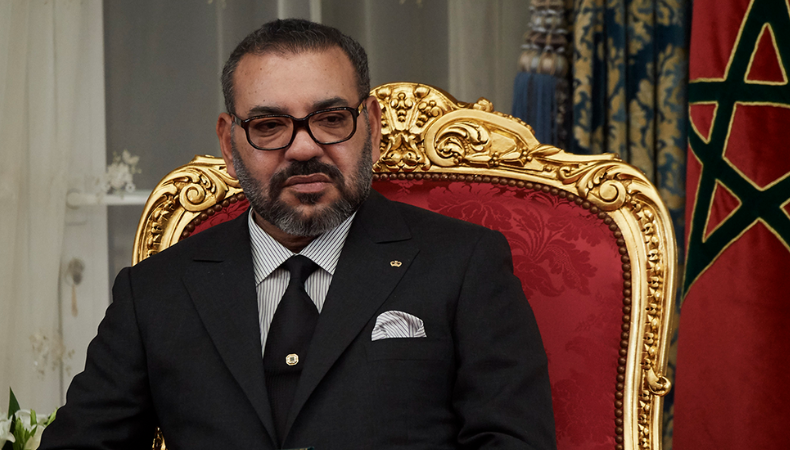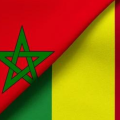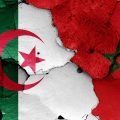Morocco’s Sufi Clout Thwarts Iran’s African Ambitions

Morocco’s King Mohammed VI launched the Atlantic Africa Initiative, a strategic move aimed at strengthening the country’s economic, cultural, and religious ties with African nations. This initiative has played a crucial role in consolidating Morocco’s influence across the continent, particularly in the Sahel region.
Through this initiative, Morocco has actively engaged in developing port and rail infrastructures to facilitate trade and connectivity with landlocked countries like Mali, Burkina Faso, Niger, and Chad. Moreover, the Mohammed VI Foundation for African Scholars has been instrumental in training African imams and religious guides, fostering a strong Moroccan influence in the religious sphere.
Iran’s Strategy in Africa
Iran has long sought to expand its influence in Africa by promoting Shi’ism and engaging in commercial and economic projects. Tehran’s ambitions, however, have clashed with Morocco’s historical, cultural, religious, and commercial presence on the continent.
Iran’s strategy involves the spread of Shi’ism as a political movement, aiming to establish a sectarian influence in West African countries and the Sahel region. However, this approach has faced opposition from Morocco’s deeply rooted Sufi traditions and religious authority.
Sufi Resistance and Morocco’s Religious Influence
Morocco is widely regarded as a spiritual reference point for various Sufi movements across Africa, with its imams already present in many African countries. The Kingdom hosts the annual International Forum of members of Sufi orders, which brings together participants from 50 countries under the patronage of King Mohammed VI.
Several Sufi zawiyas (religious centres) in Africa are linked to Sufi centres in Morocco, maintaining strong cultural and religious ties. For instance, the Tijaniya zawiya in Senegal holds Moroccan-style religious gatherings and commemorates the death of Moroccan kings, highlighting the close connection between these zawiyas and Morocco.
Analysts believe that the spread of Sufi culture will make it more challenging for Shi’ism to be preached as a political movement, which is Iran’s aim in Africa. Mohammed Al-Tayyar, a Moroccan researcher in security and strategic studies, states that “Iran tried to expand its sectarian influence in West African countries and the Sahel and North African countries, but it clashed with Morocco’s Sufi roots. The old Moroccan religious authority is an obstacle to the expansion of Iranian Shi’ism.”
Keep Reading
Economic and Political Influence
In addition to its religious influence, Morocco’s economic and political ties with African nations have played a significant role in countering Iranian expansion. The Atlantic Africa Initiative, along with a network of economic relations, has increased Morocco’s influence in the region, weakening Iranian power like how it previously weakened Algerian dominance.
Morocco has actively engaged in developing port and rail infrastructures to facilitate trade and connectivity with landlocked Sahelian countries like Mali, Burkina Faso, Niger, and Chad. These initiatives have further solidified Morocco’s position as a key partner for economic development in the region.
Morocco’s multifaceted approach, encompassing religious, economic, and political spheres, has effectively countered Iran’s attempts to expand its influence in Africa. The Kingdom’s deep-rooted Sufi traditions, religious authority, and strategic initiatives like the Atlantic Africa Initiative have positioned it as a formidable force in the region, capable of curbing Iranian ambitions and promoting stability and development across the African continent.








